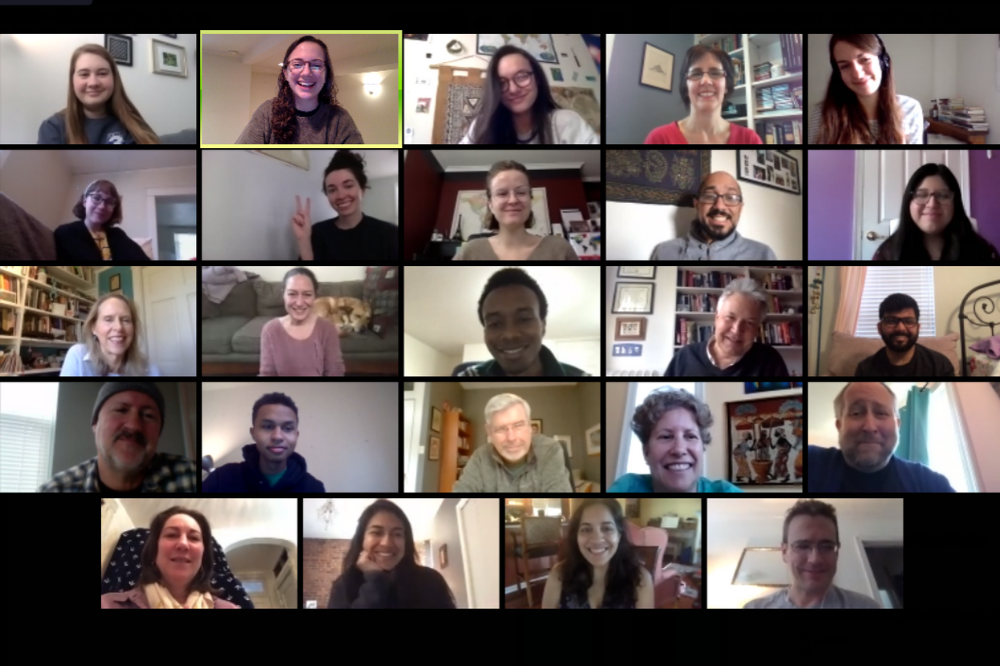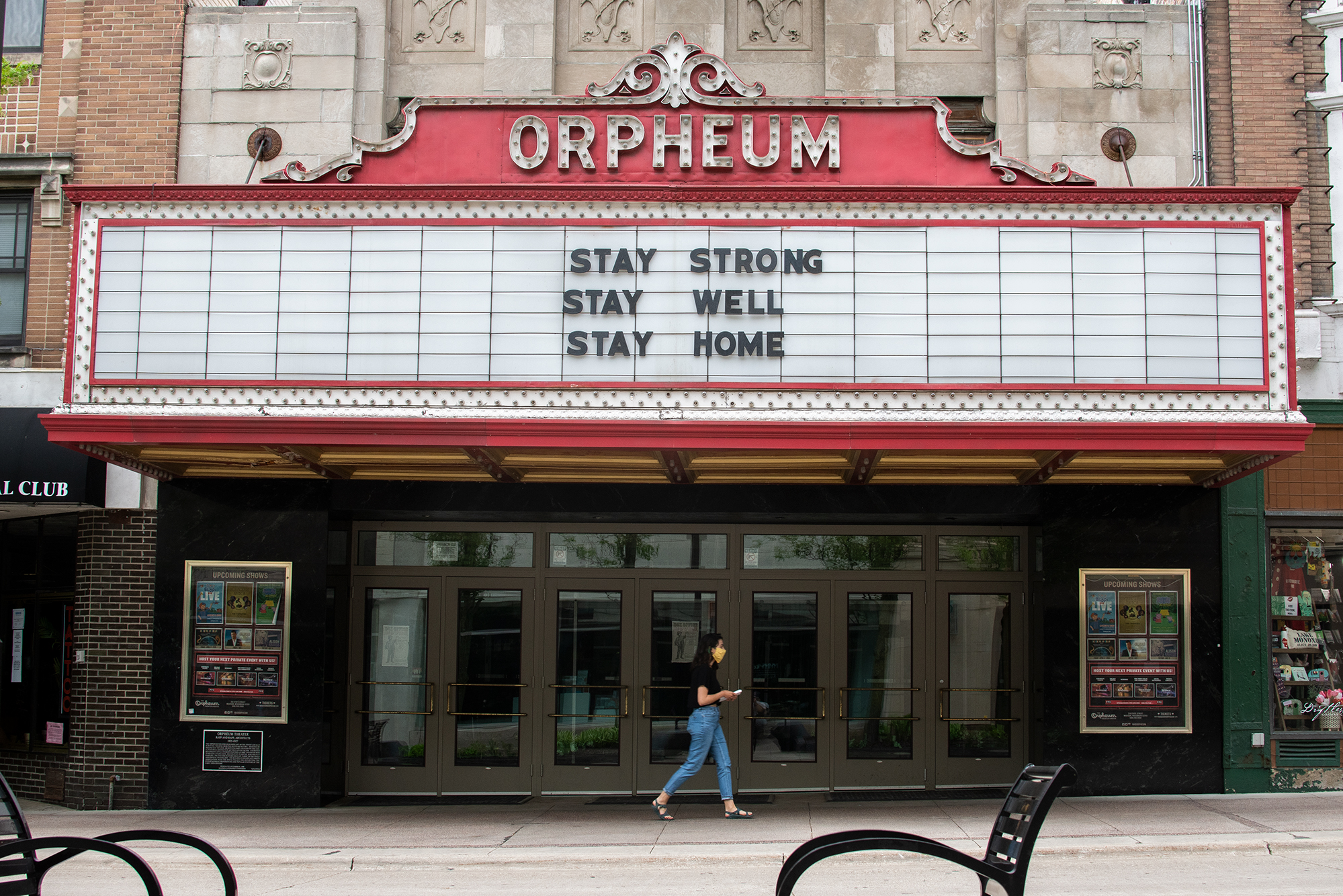
A Message From Jon Sawyer - March 30, 2020
My colleagues at the Pulitzer Center are adapting, as are all of you, to a new normal, working from home and living our life on Zoom, with a commitment to social distancing that now extends until at least the end of April and likely beyond.
It’s hard: trying to keep focus on important work goals while juggling the demands and cares of children, parents and friends; worrying about the ill and vulnerable, about our front-line workers in health care and related fields, and those who must continue to work in order to make a living. Many of the journalism organizations we serve, stripped of essential advertising, aren’t sure they will survive at all. Our education partners, in middle and secondary schools as well as college, are scrambling to make immediate transitions to distance learning.
The coronavirus crisis has made all of us at the Pulitzer Center re-think old assumptions and look for new approaches. Our mission for the past 14 years has been filling gaps—in coverage of underreported global issues, in educational engagement, in the civil discourse that is essential if we are ever to bridge the political, cultural, and socioeconomic divides that are holding us back. That mission hasn’t changed. How we pursue it likely will.
In the past few weeks we’ve been busy, like all of you, in canceling or postponing the events we had planned for this spring. We’ve also been busy meeting the moment.
Some examples:
- We agreed to emergency grants to Science, to sustain its superb coronavirus reporting through the end of the year, and to PBS NewsHour, for reporting on the global search for a vaccine.
- We issued a call for proposals for collaborative reporting projects on coronavirus and we’ve been flooded with applications, nearly 40 in total, with imaginative ideas from across the United States and from the Middle East, Africa, Asia, and Latin America.
- We are working with our K12 and Campus Consortium partners to make even more of our work accessible online, from curricular materials and professional-development resources for teachers to the voices and experience of our university community.
We are creating a virtual Talks@Pulitzer series, online videos free to all, with an initial focus on the journalist grantees who have specialized on infectious diseases and eventually incorporating our work across the board.
We are redoubling our efforts, even in the face of current travel constraints, to continue our work on the issues that affect us all, from climate and environment to poverty, religion, migration, and more.
Our Tuesday newsletter will continue to be the main venue for the latest on our reporting, educational activities, and public events. But in the weeks and months ahead I’ll be reaching out as well, with reflections on why we do what we do.
We can emerge from this trial stronger, more united, more committed to helping all of us be the best we can be.
We welcome your ideas and suggestions. We’re so grateful that you are part of the Pulitzer Center community.












